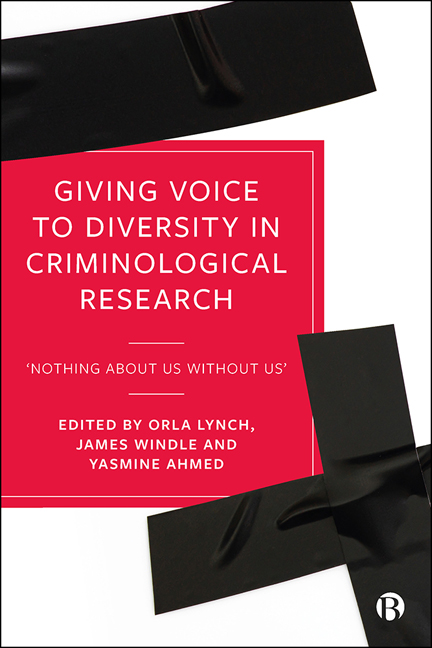12 - Reforming Ireland’s Adversarial Trial for Victims of Crime with Intellectual Disabilities
Published online by Cambridge University Press: 13 May 2022
Summary
There appears to be an emergent consensus in recent years that the mainstream processes through which evidence is presented in the paradigmatic adversarial trial can pose particular difficulties for witnesses and, in particular, victims with intellectual disabilities on account of their limited cognitive functioning and linguistic fluency. The overwhelming oral nature of adversarial courtroom proceedings, the combative sensibilities which underpin them, the emphasis on witness demeanour, the insistence upon unrehearsed responses, the freedom of advocates to engage in robust cross-examination, and the forensic passivity of the judge and jury are all regarded as essential evidential safeguards in securing a fair trial for the criminal accused (Ellison, 2001; Cusack, 2017a). For victims of crime, however, these evidential safeguards often contribute to an intimidating, frequently hostile, courtroom environment (Cusack, 2020a, 2020b). As Doak (2000: 296) explains, ‘The adversarial trial process, as its name would suggest, is not designed to protect witnesses, and nor is it a place where the weak and vulnerable can feel relaxed and at ease’.
For over a quarter of a century, the preferred adaptive response of Ireland's legislature to the plight of these vulnerable witnesses has been to introduce a series of courtroom accommodations – or ‘special measures’ – which have been designed specifically to shield them from the full rigor of adversarial-style proceedings while, at the same time, continuing to subject them to live cross-examination (Cusack, 2017a, 2020b). Indeed, that this ‘accommodation’ (Ellison, 2001: 373) approach remains the favoured strategy among Irish policymakers for addressing the plight of vulnerable witnesses in Ireland is evident in both the style and substance of the reforms visited upon the Irish criminal trial by the Criminal Law (Sexual Offences) Act 2017 and the Criminal Justice (Victims of Crime) Act 2017; both of which wrought significant revisions to the contours of the country's special-measures framework. Against the backdrop of renewed political interest – and, indeed, legislative activism – in this important area of criminal procedure, this chapter assesses the appropriateness of this adopted line of reform. By drawing attention, in particular, to a series of outstanding ontological, procedural, and attitudinal barriers that continue to prejudice efforts at securing the best evidence of these witnesses in Irish courts, it is hoped that this contribution will go some way to highlighting the continued invisible status that many victims of crime with intellectual disabilities occupy within Ireland's modern criminal justice system.
- Type
- Chapter
- Information
- Giving Voice to Diversity in Criminological Research‘Nothing about Us without Us’, pp. 233 - 252Publisher: Bristol University PressPrint publication year: 2021



